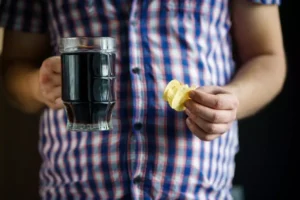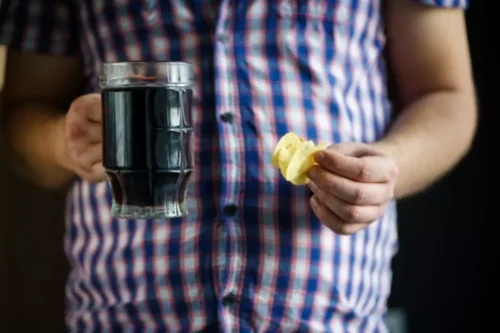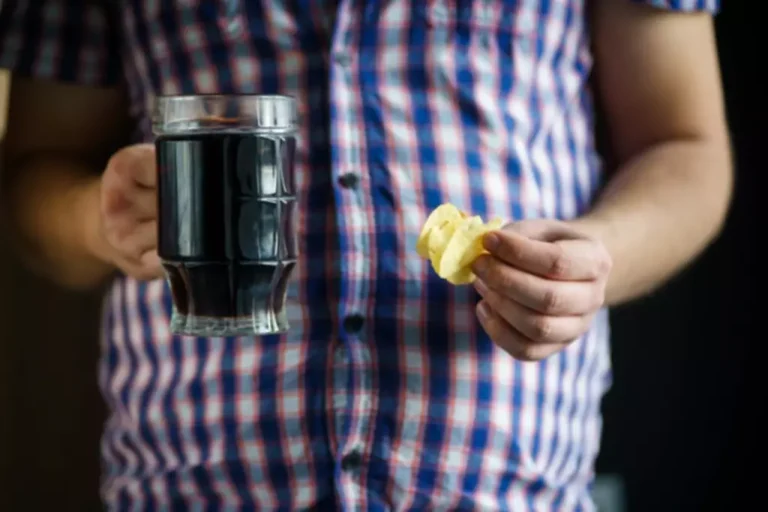
It can also be helpful to keep yourself away from situations where heavy drinking is the norm, such as bars, clubs, or parties. These can indicate a life threatening condition called delirium tremens. It’s important to seek urgent medical care if you experience any of these symptoms.

Is it Better to Taper Off Alcohol or Quit “Cold Turkey?”

However, it’s important to seek medical advice, as withdrawal can quickly escalate to severe symptoms. Continuous monitoring and access to medical care are essential. In general, going through withdrawal at home should be avoided unless your doctor recommends it. Many people with alcohol use disorder struggle with dehydration and nausea during withdrawal.
- Detoxing from drugs or alcohol without professional help is known as a self-detox.
- Alcohol is the only drug where people think you have a problem if you don’t do it.
- This article is designed to guide you through practical steps and supportive strategies that can assist you in your journey toward sobriety.
- Once urges and cravings are well-managed, a person may consider reconnecting with certain individuals.
- Teaming up with another person can help people stay accountable.
Alcohol Detox at Home
- To drop the number of drinks you have each week, start with a daily limit.
- Say you don’t have any cravings when you go without drinking.
- Research shows that most people believe that drinking can make them feel better.
- If you’re having trouble doing the same things you used to do, try new hobbies to fill your time.
- You may struggle to control your cravings when you first start having withdrawal symptoms.
The experience of withdrawing from alcohol can be uncomfortable and difficult. Some people may relapse, or drink alcohol again, to relieve the symptoms. Eating nutritious food, exercising, and getting enough sleep can help reduce some withdrawal symptoms, such as mood swings. If don’t have much of an appetite, you may want to take a multivitamin or drink a beverage high in electrolytes, such as a sports drink. If you take prescription medication, continue to take it as directed.
- Although it’s possible to detox from alcohol at home, it can be dangerous.
- You’re likely to be in situations where you’ll be offered a drink.
- Some of these include B vitamins, multivitamins, vitamin C, vitamin E, and calcium.
- Jeanette Hu, AMFT, based in California, is a former daily drinker, psychotherapist, and Sober Curiosity Guide.
- These symptoms may start a few hours or a few days after your last drink of alcohol.
- Once you can start eating again, it’s important to focus on eating a healthy diet.
Insurance May Cover The Cost of Alcohol Detox
Knowing why you drink is essential, says Cyndi Turner, LCSW, LSATP, MAC, a Virginia therapist specializing in addiction treatment and alcohol moderation. You’re likely to be in situations where you’ll be offered a drink. And practice what you might say as a follow-up explanation if someone ask. There’s a reason you’ve reached the decision to quit or cut back.
Understanding Your Relationship with Alcohol
Engaging with therapists or joining support groups like Alcoholics Anonymous (AA) can provide structured guidance tailored to your needs. Professional programs offer recovery management strategies that have been shown how to stop drinking to improve long-term sobriety rates (Psychology Today). Designing a supportive environment may require removing items or people from someone’s life. Removing triggers helps support the goal of stopping drinking. Once urges and cravings are well-managed, a person may consider reconnecting with certain individuals. Slowly tapering your alcohol use can help you manage mild withdrawal symptoms and decrease the risk of AUD.

There are also alternative options to AA if you are not looking for the traditional approach. Additionally, you can join social media groups, forums, or virtual support meetings if you can’t always make it to in-person ones. These online groups can be a great alternative for those who work odd hours, have mobility issues, or lack transportation. Whatever the case may be, self-assessment can help you better understand your relationship with alcohol and make quitting feel more achievable.

